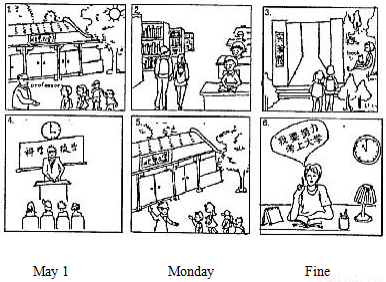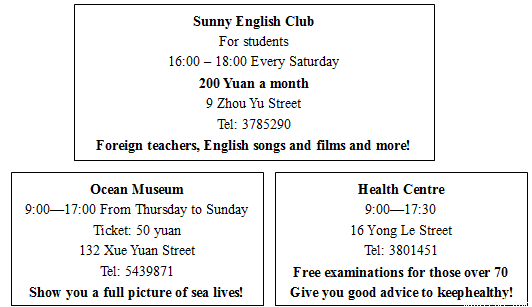0 143630 143638 143644 143648 143654 143656 143660 143666 143668 143674 143680 143684 143686 143690 143696 143698 143704 143708 143710 143714 143716 143720 143722 143724 143725 143726 143728 143729 143730 143732 143734 143738 143740 143744 143746 143750 143756 143758 143764 143768 143770 143774 143780 143786 143788 143794 143798 143800 143806 143810 143816 143824 151629


 a lot from him. The teacher had a free talk to us with easy English . He spoke slow so that we could understand
a lot from him. The teacher had a free talk to us with easy English . He spoke slow so that we could understand him well. Sometimes he repeated what we don’t understand. My classmates were all active in the class. To his joy, I understood everything the teacher said. And I was able to ask question in English. This class encouraged me very much. I’m sure that until we keep on practising, it will be easy for us to learn speaking English well.
him well. Sometimes he repeated what we don’t understand. My classmates were all active in the class. To his joy, I understood everything the teacher said. And I was able to ask question in English. This class encouraged me very much. I’m sure that until we keep on practising, it will be easy for us to learn speaking English well.